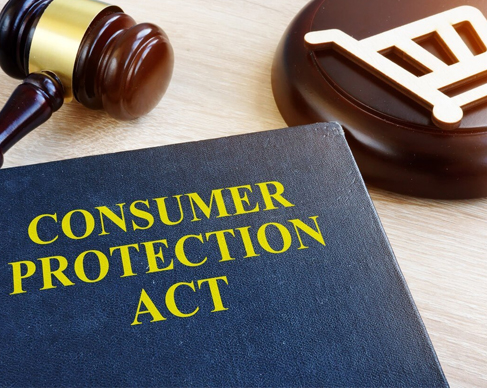
Consumer Matters law encompasses a range of regulations, guidelines, and legal provisions intended to ensure that consumers are protected from unfair business practices, substandard products, and deceptive advertising. It empowers consumers to make informed choices and seek redress when they encounter problems in their transactions with businesses.
Consumer Rights: These include the right to information, safety, choice, and the ability to be heard. Consumers have the right to access accurate product information, secure products and services that meet safety standards, and voice concerns.
Product Liability: Manufacturers, distributors, and sellers are held responsible for the quality and safety of products they provide to consumers. Consumers can seek compensation for injuries or losses caused by defective products.
Unfair Trade Practices: The law prohibits deceptive advertising, fraud, price gouging, and other practices that harm consumers. Regulatory agencies enforce these rules.
Consumer Redress: Legal mechanisms are in place for consumers to seek compensation or refunds for damaged or subpar products and services. Small claims courts and consumer protection agencies handle these disputes.
Class Action Lawsuits: Consumers can collectively bring legal action against companies for widespread harm or negligence, such as in cases of product recalls or data breaches.
Consumer Advocacy Groups: These organizations work to educate consumers, lobby for stronger consumer protection laws, and promote consumer interests.